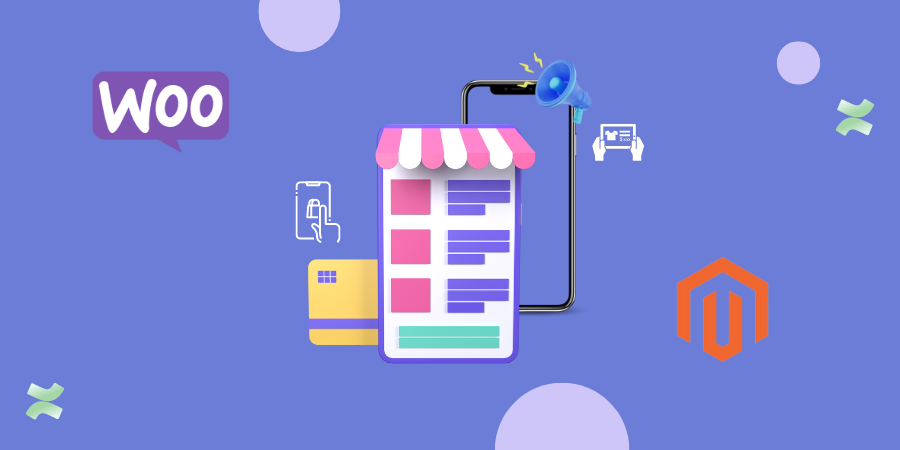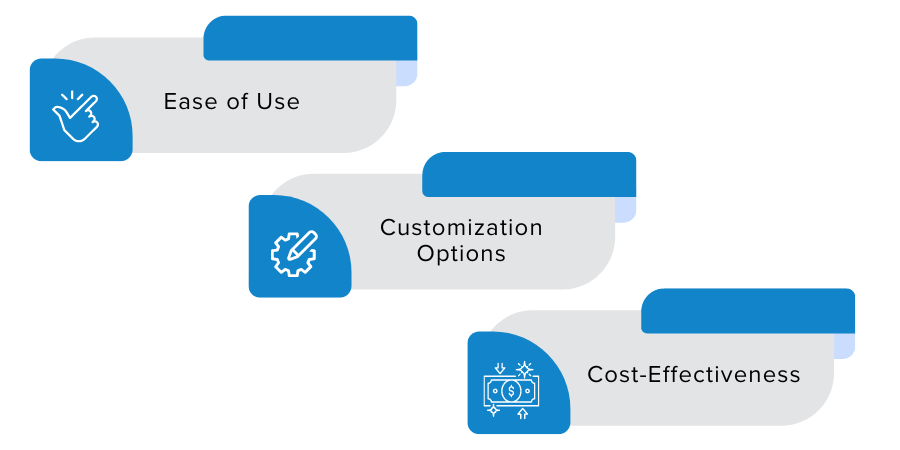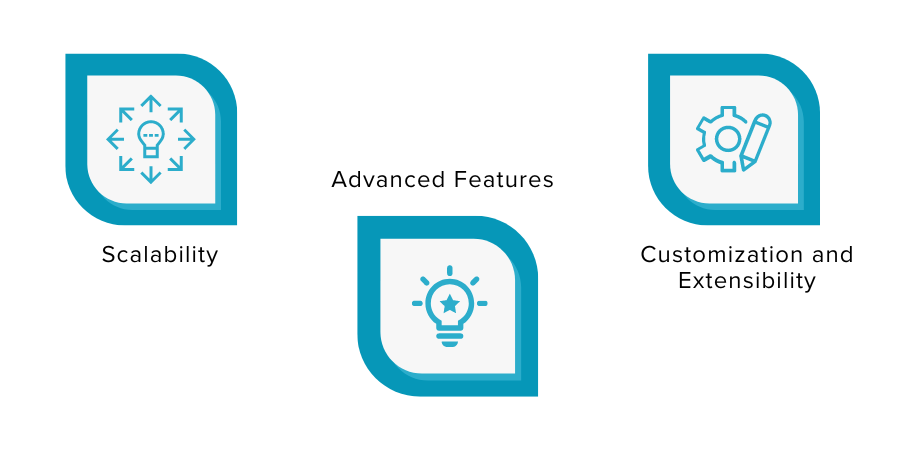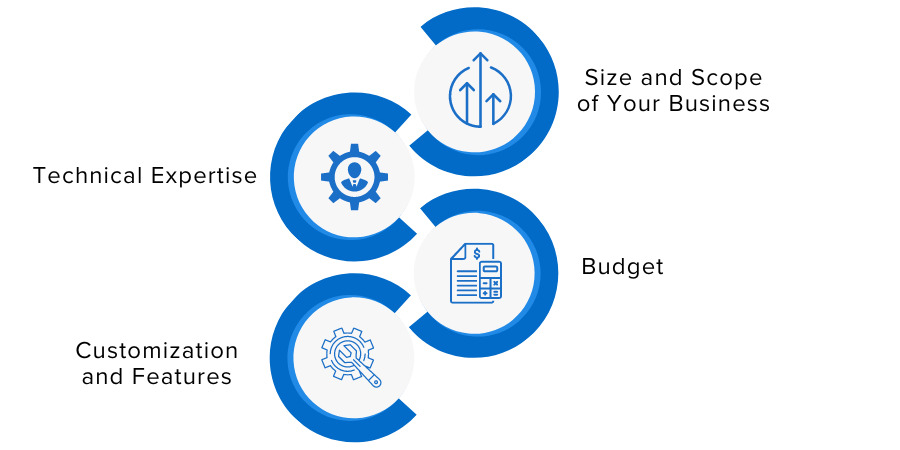
Introduction
In the ever-growing world of e-commerce, choosing the right platform for your online store is crucial to your success. Two of the most popular e-commerce platforms available today are WooCommerce (a WordPress plugin) and Magento, each offering unique features and advantages. In this blog, we will compare these two platforms to help you determine which one is best suited for your e-commerce needs.
WooCommerce: A User-Friendly Choice for Small to Medium Businesses
WooCommerce is an open-source e-commerce plugin for WordPress, the world's most popular content management system (CMS). It is an excellent choice for small to medium-sized businesses looking for a user-friendly and cost-effective solution to establish their online presence.
Advantages of WooCommerce:
Ease of Use: As a plugin for WordPress, WooCommerce is easy to install, set up, and customize. With its intuitive interface, even users with limited technical knowledge can create an online store with ease.
Customization Options: WooCommerce offers thousands of themes and plugins, allowing you to tailor your e-commerce site to fit your brand identity and meet your specific requirements.
Cost-Effectiveness: WooCommerce is free to download and use. While there may be costs associated with hosting, domain registration, and premium themes or plugins, it is generally more affordable than other e-commerce platforms, making it an attractive option for small businesses and startups.
Magento: A Robust Solution for Large-Scale E-Commerce Enterprises
Magento is a powerful open-source e-commerce platform designed for large-scale businesses that require advanced features, scalability, and customization options. It is the ideal choice for enterprises with complex e-commerce needs and the resources to manage a more sophisticated platform.

Advantages of Magento:
Scalability: Magento is built to handle large volumes of products, customers, and transactions, making it the go-to choice for businesses anticipating rapid growth or expansion.
Advanced Features: Magento offers a wide array of advanced features out-of-the-box, such as multi-store management, multiple payment gateways, and advanced product filtering. These features cater to the diverse needs of large-scale e-commerce businesses.
Customization and Extensibility: Magento's extensive customization options and large developer community make it easy to tailor the platform to your business requirements. Furthermore, its API allows for seamless integration with third-party applications and systems.

Choosing the Right Platform for Your Business
When deciding between WooCommerce and Magento, consider the following factors:
Size and Scope of Your Business: WooCommerce is better suited for small to medium-sized businesses, while Magento is ideal for large-scale enterprises with complex e-commerce needs.
Technical Expertise: WooCommerce is more user-friendly and requires less technical expertise, whereas Magento requires a higher level of technical knowledge to manage and maintain effectively.
Budget: WooCommerce is generally more cost-effective, making it a popular choice for startups and small businesses. Magento, on the other hand, can be more expensive due to its hosting requirements and potential development costs.
Customization and Features: If your business requires advanced features and extensive customization options, Magento may be the better choice. However, if your needs are more straightforward and you value ease of use, WooCommerce is likely the better option.
Cost Comparison Between the Two
When comparing the costs of WooCommerce and Magento, it's essential to consider the various components that contribute to the overall expense. Below is a practical cost comparison between the two platforms, focusing on crucial aspects such as setup, hosting, themes, plugins/extensions, and development.
Setup Costs
WooCommerce: Being a free plugin for WordPress, WooCommerce itself does not have any setup costs. However, you'll need to pay for a domain name (approximately $10-$15 per year) and a hosting plan (ranging from $30 to $300 per month, depending on your requirements).
Magento: Magento offers a free open-source version called Magento Open Source, which comes without setup costs, but you will need to pay for a domain name and a hosting plan. Magento's hosting requirements are more demanding, and you may need a VPS or dedicated hosting, which can cost anywhere from $100 to $550+ per month.
Themes
WooCommerce: There are numerous free and premium WooCommerce-compatible themes available. Free themes may be suitable for basic stores, while premium themes can range from $30 to $200, offering more advanced features and customization options.
Magento: Magento also offers free and paid themes, with the latter providing more advanced features and customizability. Premium Magento themes typically cost between $50 and $500.
Plugins/Extensions
WooCommerce: While WooCommerce comes with essential e-commerce features, you may need additional plugins to enhance your store's functionality. Many plugins are free, but premium plugins can cost anywhere from $20 to $300.
Magento: Magento's extensions tend to be more expensive than WooCommerce's plugins. Basic extensions can cost around $50, while advanced extensions with complex functionalities can range from $100 to $1,000+.
Development and Maintenance
WooCommerce: Due to its user-friendly interface, many business owners can set up and maintain a WooCommerce store without hiring a developer.
Magento: Magento often requires a higher level of technical expertise, and you may need to hire a developer for both setup and ongoing maintenance. Magento developers' rates can vary depending on their expertise and your location.
The overall costs of WooCommerce and Magento will depend on your specific requirements and the level of customization needed for your online store. In general, WooCommerce is a more cost-effective option for small to medium-sized businesses due to its affordable hosting, themes, and plugins. On the other hand, Magento is better suited for large-scale enterprises that require advanced features and scalability, but it comes with higher hosting, extensions, and development costs.
Conclusion
Both WooCommerce and Magento are powerful e-commerce platforms with their unique advantages. Ultimately, the choice between these two platforms comes down to your specific business needs, budget, and technical expertise. By considering the factors mentioned above, you can make an informed decision and select the e-commerce platform that will best serve your online store's needs and set you on the path to success.



























 Batoi Corporate Office
Batoi Corporate Office